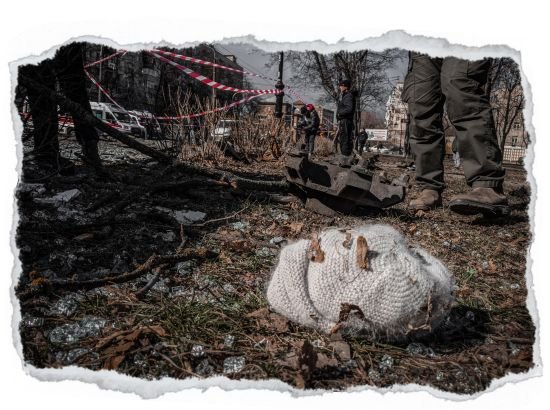
Although India and Pakistan recently agreed to a ceasefire, violence continues to erupt in Pakistan’s restive Balochistan province. On May 9, Baloch rebels intercepted and killed four Punjabi truck drivers who were transporting LPG from Iran.
The attack occurred near Ahmedwal, around 100 kilometers from Quetta. Armed men fired at the trucks’ tires to force them to stop. After identifying the drivers as ethnic Punjabis, they abducted them at gunpoint and quickly fled the scene.
Local residents reported the incident, which prompted a search. On May 13, authorities recovered the victims’ bodies from a remote location. According to doctors, all four men died from multiple gunshot wounds fired at close range.
The victims included Moin and Huzaifa from Pakpattan, along with Imran Ali and Irfan Ali from Rahim Yar Khan. All of them were Pakistani nationals of Punjabi descent. After medical examinations in Noshki, officials handed over their bodies to their families.
Meanwhile, investigators suspect the Baloch Liberation Army (BLA), although the group has not yet claimed responsibility.
In recent years, Baloch insurgents have repeatedly targeted Punjabi settlers and workers. In many cases, they have stopped buses, hijacked trains, or blocked highways to identify and eliminate Punjabi passengers.
Rebels argue that the Pakistani state exploits Balochistan’s resources and excludes locals from power. In contrast, they claim Punjab dominates the military, political, and administrative systems—leaving Baloch communities marginalized.
While national leaders promote peace along international borders, internal insurgencies continue to threaten stability. This latest killing highlights the growing challenge for Pakistan: to balance external diplomacy with internal security.
The federal government has launched an investigation, but tensions remain high. As a result, fears of further ethnic violence are spreading across the region.